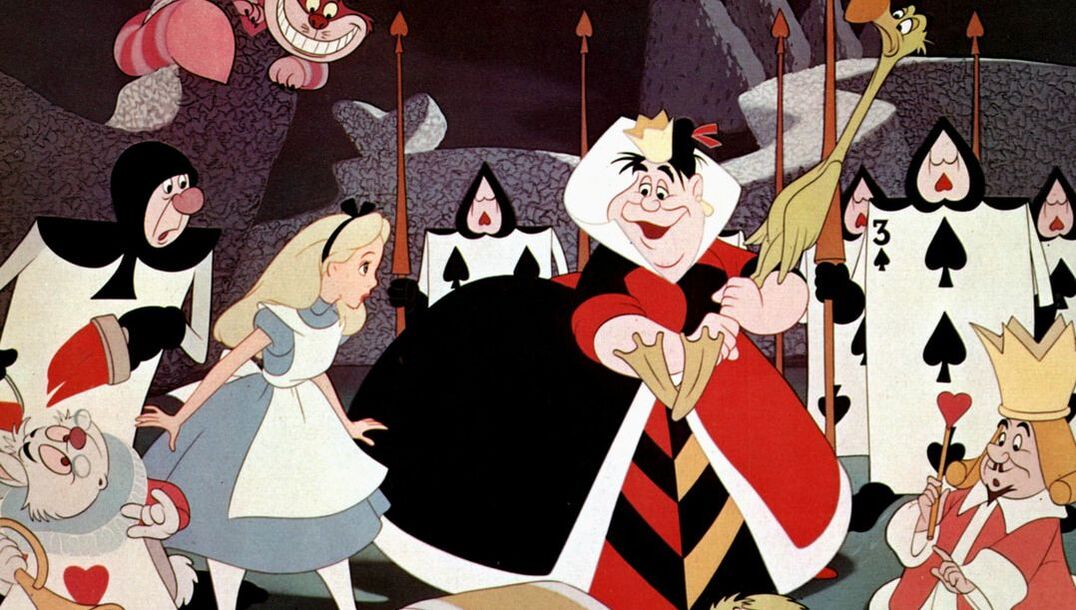|
By Susan Begeman Steiner “Off with her head!” screamed the Queen of Hearts in Lewis Carroll’s Alice in Wonderland. She screamed this repeatedly during a game of Croquet involving Herself, a deck of playing cards, a white rabbit and Alice. This was a rather extreme example of what most of us do every day. Like the Queen, we blame others when things go wrong. To be twice as effective, stop blaming others. Blame is an enticing and tempting response to difficulties. One can see the “blame game” everywhere. Just listen to any news station, politician or someone standing next to you in the long line at the Post Office. You will hear how whatever is happening is someone’s fault. All too often after something terrible happens, we look for someone to blame instead of widening the lens to look for what actually caused the problem and how can we learn from it. The fallout from the 2020 pandemic is a case in point. Surely there is plenty of blame to go around, but ultimately the pandemic is here. Do we want to get stuck pointing fingers or do we want to take decisive action? Do we want to complain or do we want to learn? You might ask, "What if there really is someone to blame?" But then the question becomes, "How much time do you want to waste blaming when you could be finding a solution?" For example, the Queen blamed her playing card guards ("Off with their heads!") without even considering the crazy way she had set up the game itself. Another type of blaming is to blame yourself. But this doesn’t really solve the problem either. In fact, all blame results in a loss of personal power. "They did it to me" or "I'm so bad, I did it to myself." Either way, you become a victim of the situation. The alternative is to be responsible. Being responsible is not about blaming yourself. Being responsible ("Response-Able") is a way to turn a bad situation into an opportunity for growth. Taking responsibility leads to taking action. What could be more effective? Albert Einstein said, “We cannot solve our problems with the same thinking we used when we created them.” Being responsible means changing the way you think and, by doing that, raising your level of consciousness. So, responsibility allows you to choose how you respond -- rather than just reacting. Only then can new solutions be found. How can you be responsible? The first thing you might need to do is to cry or vent your frustration to a friend. In this way, you can clear your mind to see something beyond blame. When you've done that, here are some key questions to ask yourself: • What if this is no one’s fault? • Can I just accept what has happened? • If I can accept that it just happened (it's no one's fault), what then are my options? You can go even further if you answer the following questions: • What was my role in this? • What life lesson does this reveal for me? • How can I learn those lessons in order to heal, grow and change? Had the Queen of Hearts been more responsible, she could have, at the very least, improved her Croquet game. When things go wrong, you have the opportunity to learn and grow. Take that opportunity. From growth, new responses arise to the challenges you are faced with. And ultimately, taking responsibility can open the way to solve the challenges we face globally. Contact one of our coaches in Switzerland for a free introductory session
0 Comments
Your comment will be posted after it is approved.
Leave a Reply. |

 RSS Feed
RSS Feed